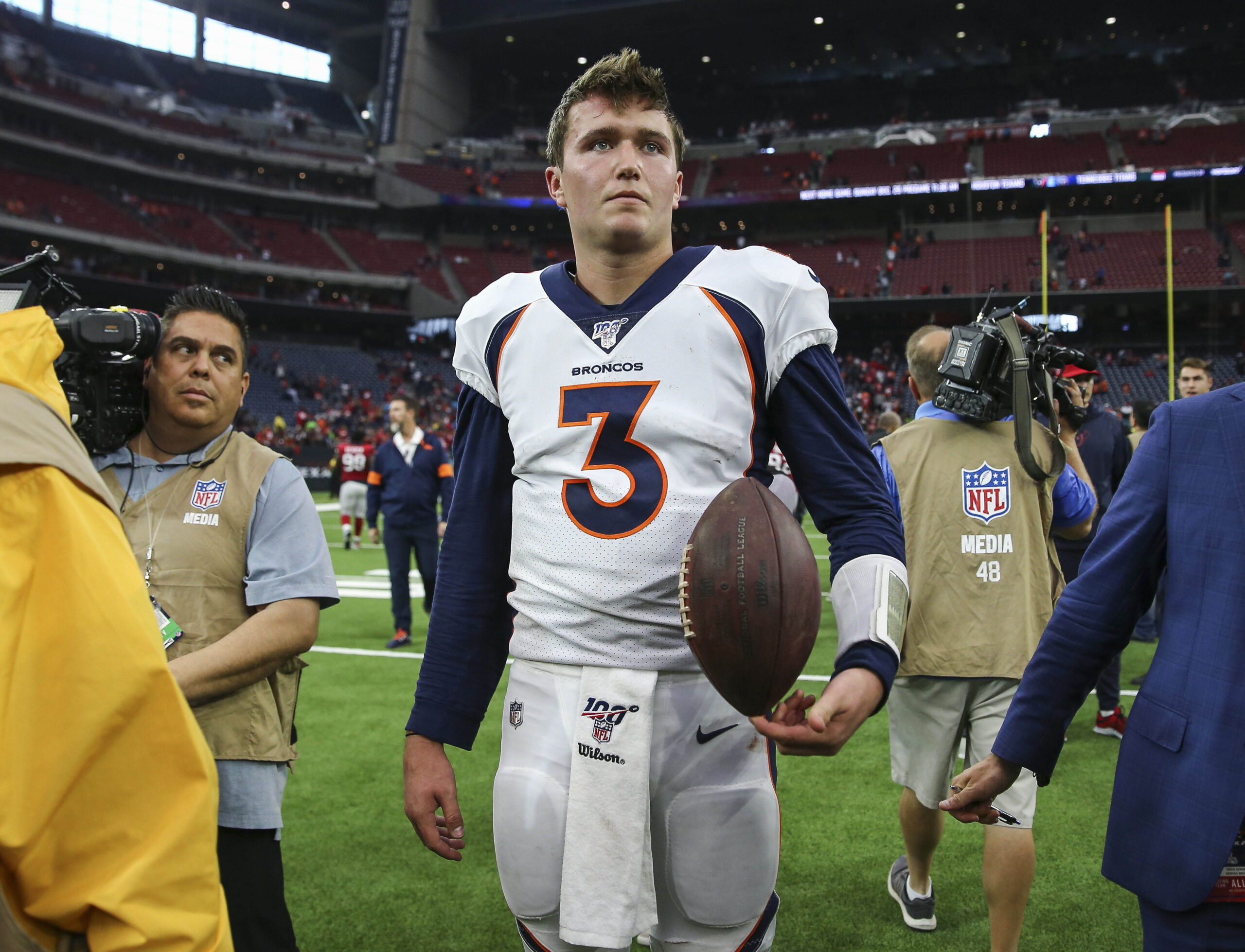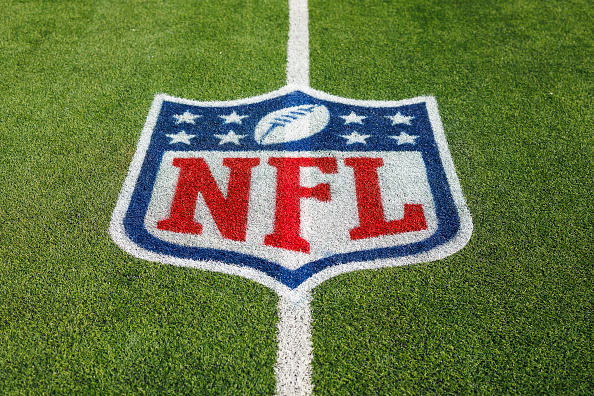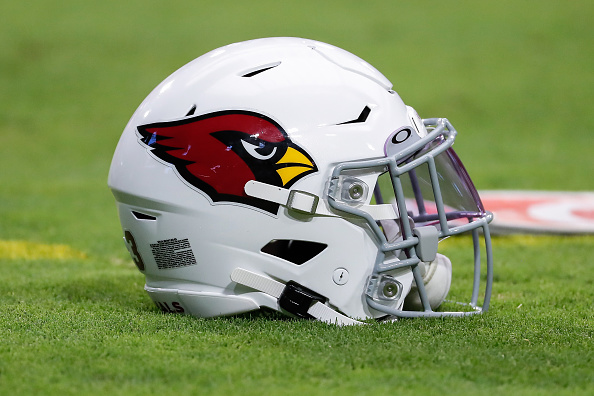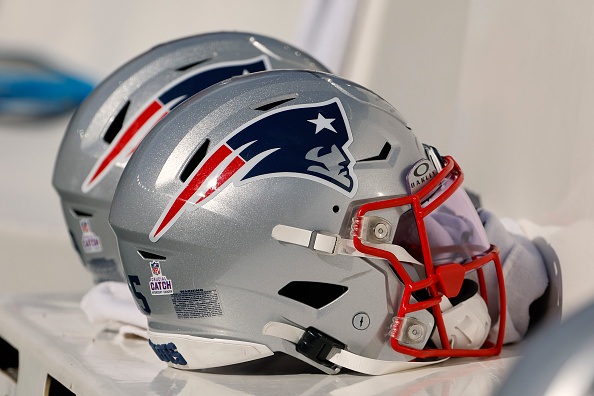The Broncos have witnessed turmoil under center ever since future Hall of Fame quarterback Peyton Manning retired upon conclusion of their Super Bowl 50 win.
Since Manning, the team witnessed Paxton Lynch, Brock Osweiler, Case Keenum, Trevor Siemian, and Joe Flacco taking turns as the team’s starter. That is until Drew Lock came around.
The Broncos were high on Lock ahead of the 2019 NFL Draft but surprised many people when they passed on the Missouri product in the first round. In a fascinating turn of events, Lock was still on the board when the Broncos picked at No. 41, but they took Kansas State tackle, Dalton Risner, instead. Things were looking bleak for Lock-to-Denver, but the Broncos changed that in an instant. They worked the phones and acquired the 42nd pick from the Cincinnati Bengals and used the selection to acquire Lock.
In his rookie season, Lock dealt with an injury that could have impacted his development, thus he was benched out of the gate. Joe Flacco opened the season as the starter and led the Broncos to a shocking 2-6 start. Fans were calling for Flacco to be benched early on but the coaching staff committed to the veteran until he suffered a scary neck injury in a Week 8 game against the Indianapolis Colts.
With Flacco out for the season, fans saw a golden opportunity for Lock to finally get his chance. But head coach Vic Fangio picked Brandon Allen to lead the charge. Now a free agent, Allen made three starts and completed 39 of 84 passes for 515 yards and three touchdowns. He tossed two picks and was sacked nine times along the way. Allen finished with a 68.3 passer rating. Those three games were Allen’s first after he never attempted a pass in the three prior years with Jacksonville and Los Angeles.
Allen’s woes left only one clear option: Drew Lock. The energetic 23-year-old took over and instantly showed why the organization was right in taking a chance on him. He posted wins at home against the Chargers, Lions, and Raiders and on the road in Houston. His lone loss came at the hands of the Super Bowl-winning Chiefs in the form of a 23-3 loss in Kansas City.
Through those five games, Lock’s offense outscored opponents, 107-99. He completed 100 passes on 156 attempts (64.1 percent) for 1,020 yards and seven touchdowns. He added three interceptions and absorbed five sacks, giving him an 89.7 passer rating.
After starting the season 3-8, Lock’s 4-1 finish put the Broncos just below .500 and provided them with optimism going forward. But beyond a small sample size, what suggests that Lock will flourish in a unique 2020 season?
It all starts in 2016. Jared Goff was drafted by the Los Angeles Rams with the No. 1 overall selection. After a handful of years with Sam Bradford at the helm and names like Nick Foles, Case Keenum, Shaun Hill, Austin Davis, and Kellen Clemens mixed in, fans were ready for a new era of Rams football. Plus, the Rams were moving to Los Angeles, where they would don a more electric logo and color scheme while playing football games in the warm and humming air of Los Angeles, Calif.
Jared Goff did not open 2016 as the starter. Case Keenum started nine games out of the gate and led the team to a 4-5 start, holding head coach Jeff Fisher‘s confidence for quite some time while still treading on thin ice. On Nov. 15, Fisher announced Goff would take over as the starter. He struggled in his first seven games––going 0-7––while opponents outscored the Rams, 221-85.
Fisher was fired following the 2016 season and replaced by Sean McVay, a young and knowledgeable coach who spent the prior season working as Washington’s offensive coordinator under Jay Gruden. McVay instantly sparked change in the organization as the 2017 Rams finished 11-5 and made the playoffs before ultimately losing to the Atlanta Falcons in the first round by a score of 26-13. The 2018 Rams finished even better as they made it to the Super Bowl but lost a nail-biter to the New England Patriots.
These two teams were led by Jared Goff, who went 24-7 between 2017 and 2018 after an 0-7 rookie season in 2016. Beyond the team’s success, Goff’s stats emerged among the top of the leaderboard in an instant.
He finished 2017 tied for fifth touchdowns, 10th in yards, and the fourth-best touchdown percentage. He also had the sixth-best interception total of qualified quarterbacks (10 or more starts), tossing just seven while players like Drew Brees and Tom Brady threw more.
2018 was even bigger for Goff as he finished tied for sixth in the league in touchdowns, fourth in yards, and eighth in passer rating. He was also sacked 33 times, which was the sixth-best number out of all quarterbacks who started 16 games.
The pattern we’re focusing on here continues in 2017 when the Chiefs drafted Patrick Mahomes with the 10th overall selection. The pick drew praise from many Chiefs fans who thought Mahomes would be selected earlier, but also created drama at the position with Alex Smith seemingly on the hot seat. Smith started 15 games for the Chiefs, leading them to a 9-6 record. In the final game, Mahomes got a chance to showcase his skills as he threw for 284 yards and one interception.
Mahomes learned under an incredible veteran in 2017 as he practiced alongside Smith. However, Smith was dealt to Washington the following offseason, leaving Mahomes in charge of the offense. Mahomes had struggled with accuracy during practices and training camp but the Chiefs’ brass felt confident in his ability entering 2018. It’s safe to say that he did not disappoint.
In 2018, Mahomes went 12-4 in 16 starts, completing 383 passes for 5,097 yards, 50 touchdowns, and 12 interceptions. He became the youngest quarterback in NFL history to throw 50 touchdowns in a season and led the league in touchdowns and touchdown percentage along the way. He also finished with the second-most yards, earning him Pro Bowl and First-Team All-Pro honors while also claiming the MVP award.
Mahomes came back for another big year in 2019 as he graced the cover of Madden. He went 11-3 in 14 starts, tossing 26 touchdowns and five interceptions while managing to accumulate over 4,000 passing yards. The Chiefs, of course, went on to win the Super Bowl as Mahomes was named the game’s MVP.
But wait, there’s more. Let’s set out story back to 2018 when the Baltimore Ravens drafted Louisville quarterback Lamar Jackson with the 32nd and final pick of the first round. Called a running back by many critics, Jackson refused to work out at any position other than quarterback at the NFL Scouting Combine, and he has since proven why.
Jackson won six of the seven games he started in his rookie season after taking over for the aging Flacco. He completed 99 passes for 1,201 yards, six touchdowns, three interceptions, and an 84.5 passer rating. That’s nothing special, but was surely a sign of optimism for Ravens fans.
In 2019, Jackson opened the season as the clear starter after Flacco was shipped to Denver. In 15 starts, Jackson went 13-2 with 265 completions, 3,127 yards, and a league-leading 36 touchdowns. He rushed for another 1,206 yards, adding six scores on the ground.
His deception in the ground game allowed him to have more space when passing because defenses knew they had to prepare for him scrambling. This led them to be less aggressive in the passing game, giving Jackson time to find holes and expose the defense. His Ravens made the playoffs but suffered a heartbreaking defeat at the hands of the Tennessee Titans. Nevertheless, Jackson was named season MVP and earned a spot on the cover of Madden 20.
So what does this all mean for Drew Lock? Is he Patrick Mahomes-esque? No, not yet. But there’s reason to believe he can come close to replicating the sophomore seasons of Goff, Mahomes, and Jackson, who shall henceforth be dubbed “The Trio.”
The Trio all opened their rookie seasons on the bench before being escalated to starter in the second half of the year. Interestingly, the same can be said about Lock. Further, The Trio all took over for reliable veterans who they surely learned a lot from. Lock shares a similar story as he backed up Flacco for half the season.
The Trio took over their offenses and held on to their starting roles for future years. All three remain in those roles today. This can partly be credited to their offensive schemes, which were adapted to fit their playing styles. The Rams and Chiefs both tailored their offenses to their young quarterbacks with much thanks to their incredibly knowledgeable head coaches. The same can be said about the Ravens, who felt the need to supply Jackson with a great running back and incredible offensive line because they were confident that he could post a great season without a star wide receiver.
If you look at Denver, they have also spent the offseason trying to do the same with Lock. They are working on adding protection in the trenches while re-tooling their game plan to mirror a traditional Drew Lock offense. Lock isn’t as mobile as Jackson or Mahomes, so perhaps McVay’s scheme with Goff is the best example of what to expect.
Goff was joined by a workhorse running back in Todd Gurley, who finished second in MVP voting in Goff’s sophomore season. The pass-catching unit wasn’t incredible with Sammy Watkins, Tavon Austin, and Robert Woods, but they improved it for Goff’s third season when he had Robert Woods and Brandin Cooks at his disposal. They both recorded more than 1,200 yards, slotting in nicely alongside playmaker Cooper Kupp who impressed but saw limited action due to injury.
Now, let’s shift our focus to Denver’s offense. The Broncos brought in workhorse running back Melvin Gordon to complement Phillip Lindsay in a scary backfield that can surely carry a large load in 2020. Additionally, Courtland Sutton‘s emergence as a top wide receiver in the NFL is coming as a great time. The team also drafted Jerry Jeudy, who was arguably the best wide receiver in the draft, to join fellow rookie KJ Hamler and wideout DaeSean Hamilton in the pass-catching unit. Sophomore tight end Noah Fant is poised to have a big season, too.
All in all, Lock’s lone season in the NFL closely mirrors those of Goff, Mahomes, and Jackson. Even his second offseason shows some resemblance as he is working with his knowledgeable coaches to find an offensive scheme that will expose the best of his skills.
The big question is whether or not Lock can continue on this trend. So far, he aligns with the three talented quarterbacks listed, but can that progress? Goff, Mahomes, and Jackson all made the playoffs in their second season. Goff and Mahomes also made it to the Super Bowl in their third season, while the jury is still out on Jackson in this category. Mahomes and Jackson were also league MVPs in their sophomore years.
If Drew Lock can continue on the pattern he is following, the Denver Broncos will be in a terrific place for the next decade and Lock will have his fair share of hardware to display.
The future of football in Denver is glowing and fans should be excited for the next chapter of their organization under one passionate and energetic 23-year-old from Columbia, Mo.








One Response